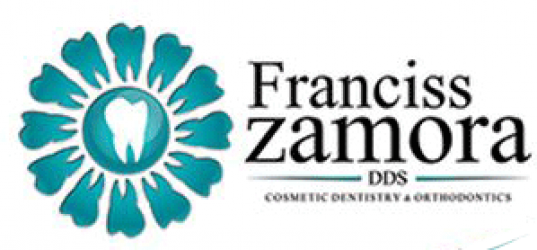Lingual Braces
Lingual braces offer a different approach to orthodontic treatment – where brackets and archwires are affixed to the back or tongue side of the teeth, as opposed to the cheek side. Traditional dental braces are highly visible and may cause irritation around the lips and cheeks. The chief advantage of lingual braces is that they are almost completely invisible to other people and transform the smile just as effectively.
There is a great deal of similarity between the placement method for traditional braces and the placement method for lingual braces. However, lingual braces are only suitable for people who have shed the majority of their deciduous (baby) teeth. Lingual braces may not be suitable for people who have a deep vertical bite, as positioning of the teeth in this case does not allow for the effective placement of lingual braces.
Why should I consider lingual braces?
The overwhelming majority of people who have had lingual braces are exceptionally happy with them. The invisible nature of this orthodontic appliance and the added comfort factor are significant reasons to consider lingual braces as a viable treatment option.
Here are some other advantages of lingual braces:
- Same treatment time as traditional braces
- Invisibility
- Enhanced self-confidence
- No cheek or lip irritation
- Simultaneous treatment of both arches
- Convenient for athletes and contact sport players
- Available in tooth-colored appliances
What is involved in getting lingual braces?
The procedure for placing lingual braces is similar to the procedure for placing traditional braces. Initially, x-rays and bite impressions are formulated in order to create an effective treatment plan.
Customized brackets are then created in a laboratory from the bite impressions. Once the brackets are ready, they can be cemented to the back of each tooth. An archwire will be threaded through the brackets to apply constant gentle pressure to the teeth and move them into proper alignment.
Regular orthodontic adjustments will be necessary to assess progress and replace the archwire(s). Though lingual braces are generally comfortable to wear, speech may be affected for the first days after placement. Stringy food like celery should be avoided, as this can easily become wrapped around braces. As with traditional braces, dental wax can be applied to the wire or brackets if they cause irritation to the tongue.
If you have any questions or concerns about lingual braces, please contact your oral health professional.
